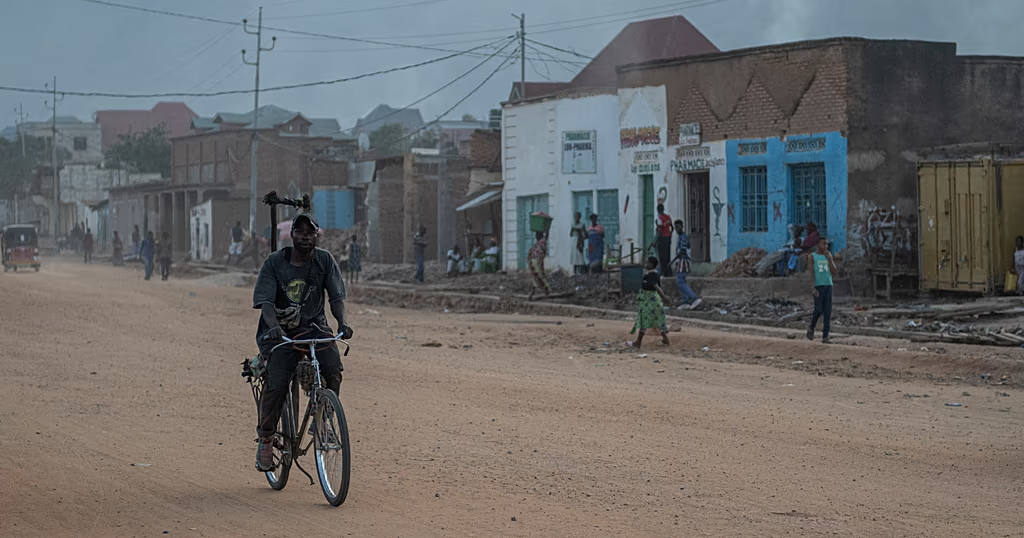Rice millers in Nigeria are facing challenges due to a shortage of paddy, hindering their ability to produce rice in sufficient quantities for the market. This shortage has been attributed to insecurity issues leading to farmers withdrawing services from the farms.
Despite the Federal Government’s announcement that the Rice Millers Association of Nigeria would release 60,000 metric tonnes of rice, the association’s President, Peter Dama, highlighted the lack of adequate paddy locally for rice production. Paddy is the unhusked rice with the outer hull intact.
Dama expressed concerns about meeting the government’s rice release target due to the scarcity of paddy. He attributed the insufficient paddy supply to farmers’ reduced agricultural activities caused by insecurity and the removal of fuel subsidies impacting production costs.
Furthermore, the President’s directive to release maize and millet from national reserves aimed to address the escalating food prices. However, Dama emphasized the challenges faced by rice millers, including the difficulty of importing paddy due to currency fluctuations affecting the availability of dollars.
Moreover, the fluctuation in the exchange rate has made importing essential spare parts for machinery challenging, while rising fuel costs and power shortages have added to production expenses, making it hard for millers to operate profitably.
Regarding the government’s commitment to releasing rice to the market, Dama clarified that discussions might have been conducted with rice processors instead of the Rice Millers Association of Nigeria. The Director-General of the Rice Processors Association of Nigeria acknowledged these discussions but declined to provide further details over the phone.
The challenges faced by rice millers in Nigeria reflect broader issues affecting the agricultural sector, impacting food production and availability. The need for sustainable solutions to address paddy shortages and support rice production remains crucial in ensuring food security for the nation.



